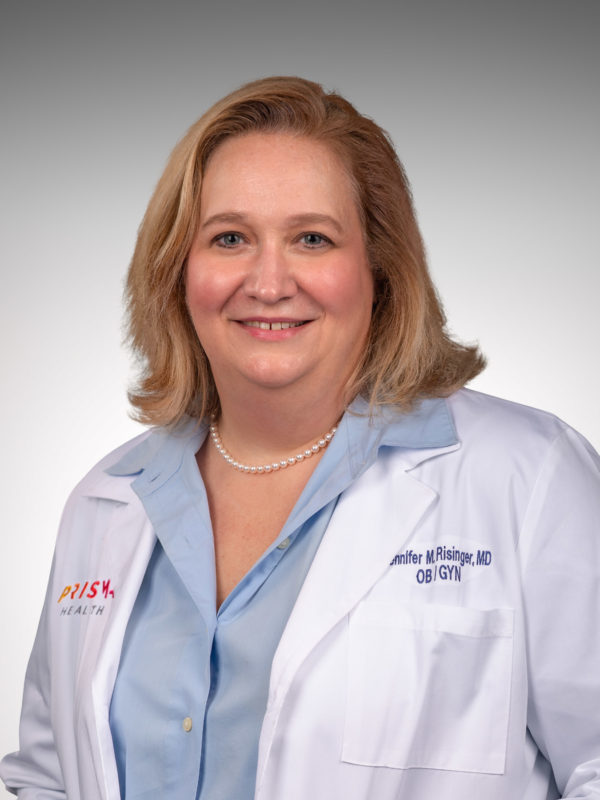Cervical health awareness
According to the American Cancer Society, each year in the U.S. nearly 13,000 women are diagnosed with cervical cancer, and more than 4,000 die as a result. But cervical cancer is a preventable and treatable cancer, thanks to improved screening and vaccination.
Jennifer Risinger, MD, Parkridge OB/GYN, encourages all women to stay up-to-date on their Pap smears. “Cervical cancer is a completely preventable disease. Women can dramatically reduce their risk of getting cervical cancer and dying from cervical cancer by having Pap smears.”
Cervical cancer most often results from exposure to the Human Papillomavirus (HPV), a sexually transmitted infection. A screening known as a Pap test can find changes in the cervix before cancer develops. A few simple steps can help women take care of their cervical health:
- Quit smoking. Women who smoke are nearly twice as likely to get cervical cancer as those who do not smoke.
- Protect yourself. Use a condom.
- Get a Pap test. The Centers for Disease Control (CDC) says women should start getting a Pap test at age 21. If your results are normal, check with your provider regarding frequency of Pap tests. Women older than 30 may choose to have an HPV test with their Pap test. If the results of both tests are normal, the chance of getting cervical cancer within the next few years is low, and your doctor may say you can wait five years until your next screening.
- Getting the HPV vaccine helps protect against the two types of HPV that are known to cause cervical cancer. If you are 26 years old or younger and have not had the HPV vaccine, talk with your health care provider about whether you should be vaccinated.
Find a doctor
Whether you’re looking for a primary care physician or need to see a specialist, we’re here to help with experienced, compassionate care near you.
Find a Doctor

